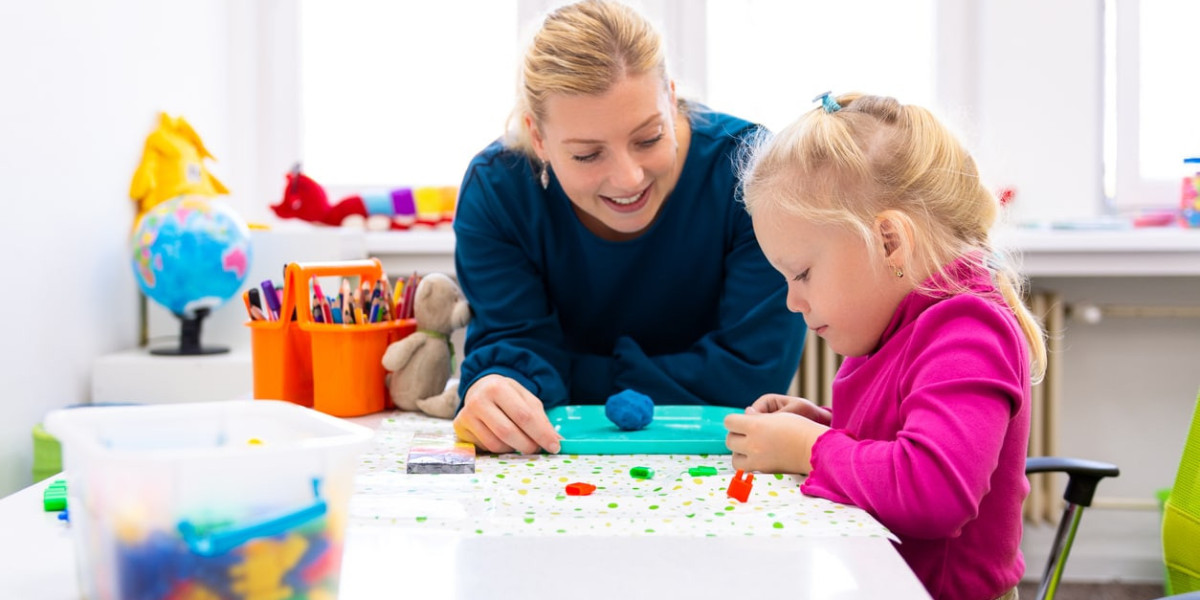Paediatric occupational therapy is an Australian allied health service dedicated to helping children develop the practical skills they need for daily life—from dressing and feeding to play and school tasks. With over 7.4% of Australian children aged 0–14 living with a disability, the demand for specialised support through schemes like the NDIS continues to grow.
At Iconic Care Kids Clinic in Australia, our therapists combine evidence-based techniques with engaging, child-centred activities. Early intervention and collaboration with families, schools, and NDIS coordinators ensure every child receives timely, personalised support that yields long-term benefits.
What Is Paediatric Occupational Therapy?
Paediatric occupational therapy focuses on enabling Australian children to perform everyday tasks independently. Therapists address challenges related to neurological conditions, developmental delays, sensory processing disorders, and more.
Core Goals of Therapy
Skill Development: Building strength, coordination, fine motor control, and attention.
Task Adaptation: Modifying home and school environments to suit individual needs.
Family Empowerment: Training parents and carers to reinforce progress.
Why Early Intervention Matters in Australia
Australian research shows that children who start occupational therapy before age five experience up to a 30% greater improvement in self-care and play skills than those who begin later. Early engagement through NDIS-funded plans can profoundly boost a child’s confidence and social participation.
Australian Context
Nearly 18% of Australians live with a disability. Approximately 750,000 are children under 15 who can benefit from allied health services.
Since 2017, the number of NDIS participants aged 0–14 has increased by over 25%, reflecting wider recognition of early intervention’s value.
How Therapists Help Australian Children
Fine Motor Training: Targeted activities like handwriting practice, scissor skills, and buttoning tasks.
Sensory Integration: Play-based exercises to regulate over- or under-responsive sensory systems.
Equipment Prescription: Wheelchairs, adaptive seating, and assistive technologies aligned with Australian safety standards.
Environmental Assessments: On-site reviews of Australian homes, schools, and community venues to recommend modifications.
Real-World Outcomes in Australia
Children engaged in consistent occupational therapy for six months within NDIS plans demonstrate:
25% improvement in daily living skills (dressing, feeding).
20% increase in participation in leisure and school activities.
Better attention and motor planning, leading to enhanced academic performance.
These outcomes translate into stronger peer relationships and greater independence for Australian families.
Choosing the Right Australian Provider
When selecting a clinic, look for NDIS-registered therapists, detailed assessment protocols, and integrated care pathways. For tailored, evidence-based support, explore our Paediatric Occupational Therapy Services at Iconic Care Kids Clinic—proudly serving communities across Australia.
Supporting Families Across Australia
Parent Coaching: Practical training for carers to reinforce therapy goals at home.
Collaborative Care: Teamwork with speech therapists, physiotherapists, schools, and NDIS coordinators.
Community Connection: Referrals to local support groups and disability organisations.
Conclusion
In Australia, paediatric occupational therapy offers a pathway to greater independence and engagement for children with diverse needs. With early intervention, personalised programs, and strong family involvement, every Australian child can build the skills and confidence to thrive.













